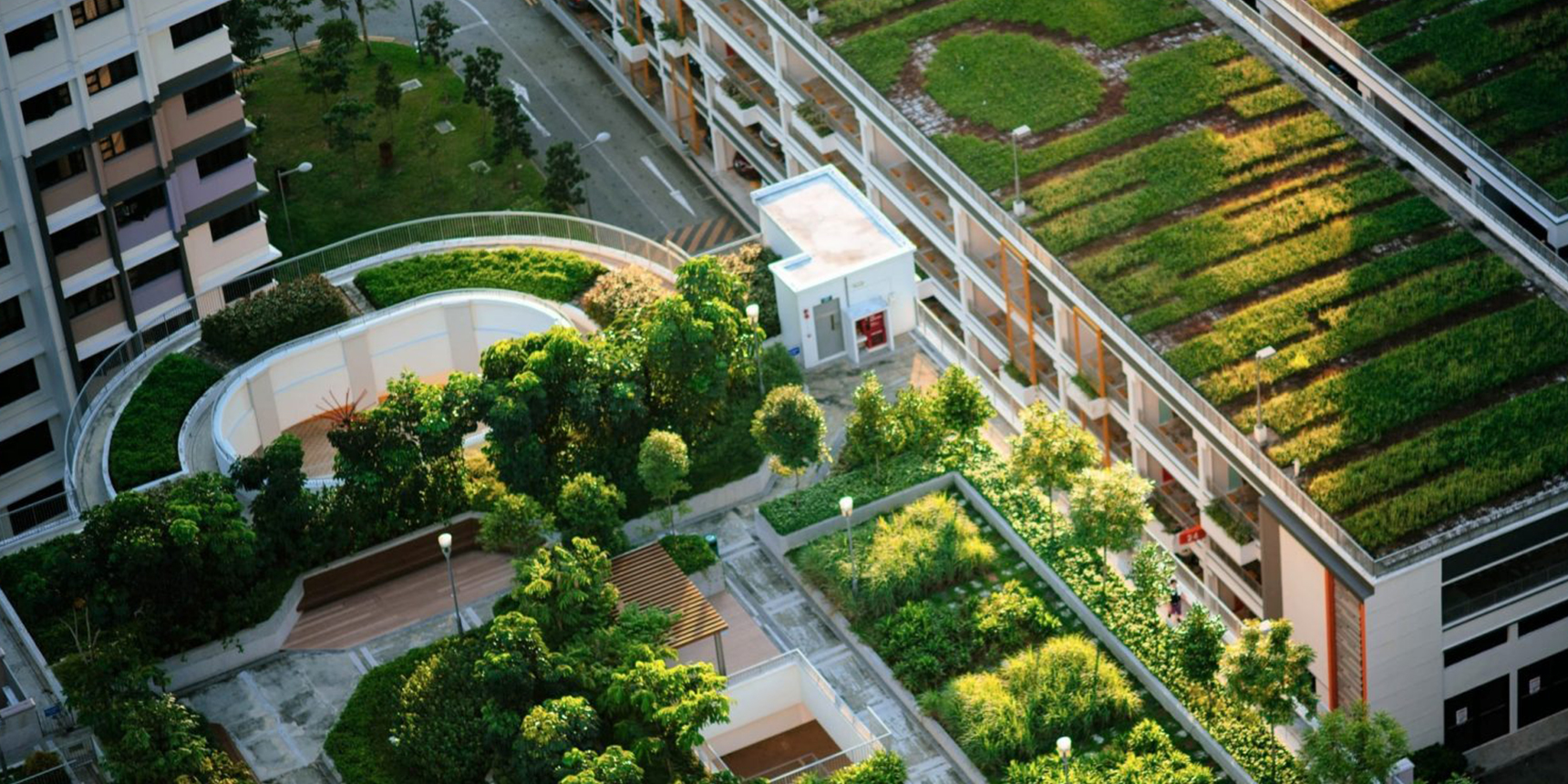EIT Community New European Bauhaus joint Call for regions, cities or affiliated entities

For this EIT Community joint activity, EIT Urban Mobility will capitalise on existing engagement programmes aligned with the New European Bauhaus' mission.
Application deadline: 10 July 2021
The New European Bauhaus initiative (NEB) is an environmental, social and cultural initiative to combine the aesthetic experience, sustainability, and inclusivity complimenting the European Green Deal.
This EIT Community NEB joint call will offer regions, cities or affiliated entities the possibility to select one of these project solutions to drive a specific challenge in their own urban transformation. Cities and regions can benefit from existing work aiming for rapid impact within 2021. Examples of expected outcome would be higher use rates, physical facilities improvement, urban greening, more inclusive access, and active mobility take-up.
The three existing invested solutions are outlined below and further detailed in the call document and the supporting documents.
- CLEAR (City LivEAbility by Redesign) is a citizen engagement tool for co-design and planning public space. CLEAR offers real-life transition experiments in urban streets through a 'Co-Design' webtool. It aims to democratise the urban design process for all citizens. Based on a real-world location/case (to be defined by cities), a co-creation platform will be digitally tested with a defined stakeholder base.
- RAPID (RApid Prototyping in 3D) uses rapid prototyping in 3D to support city decision-making. It enables citizens to understand proposed changes and interventions in their immediate built environment. It provides the possibility to explore new urban designs in response to public demand, use and behaviour patterns. RAPID uses a library of 3D city assets with regulation guidance to allow different options and interventions to understand citizen behaviours.
- FURNISH (Fast Urban Responses for New Inclusive Spaces and Habitat) works with ‘tactical urbanism’ to reconfigure public space connected to schools or educational centres. The aim is to expand pedestrian and leisure space, improve movement, and engage local makers and digital manufacturers via the quick and effective deployment of urban furniture.
These three solutions will be presented in a call info session and matchmaking event on 11 June from 10:00 to 11:30 (CET). Save your seat, register here. Following the session, cities will have the possibility to make direct contact with EIT Urban Mobility partner organisations. This will allow detailed discussion of potential projects and their viability within the guidance, time frame and objectives.
The EIT Community partners and non-partners are eligible to apply. Applications from countries part of the EIT Regional Innovation Scheme (RIS) are positively encouraged. Applications are eligible from consortia of two legal entities formed by:
- a city in the EU Member States, as a lead partner
- a partner representing solutions from CLEAR, FURNISH or RAPID
The lead partner must provide:
- an approved public realm infrastructure project to be implemented before December 2022 to apply the solutions CLEAR or RAPID, which aim to facilitate co-design and co-creation through citizen engagement (by December 2021) and to inform decision-making processes to the implementation of the project (December 2022).
or:
- the availability of two physical public spaces of around 25sqm connected to entrances or exits of schools or other educational centres available to apply FURNISH, which output would be custom-built urban furniture.
Partners representing CLEAR, FURNISH or RAPID can form part of several consortia, whilst cities can only submit one application to form one consortium.
Find out more and download the call here
Timeline
- Call opening: 11 May 2021
- Call info session and matchmaking event: 11 June 2021 at 10:00 (CET). Register here
- Closing call: 10 July 2021
- Eligibility and admissibility check: 12 – 14 July 2021
- Evaluation: 15 – 20 July 2021
- Communication of results to the participants: 21 – 22 July 2021
- Start of project: 16 August- 1 September 2021 (latest)
- Finalise project: 31 December 2021 (latest)


 Share this page
Share this page


